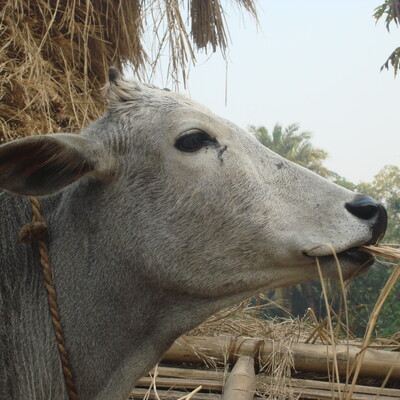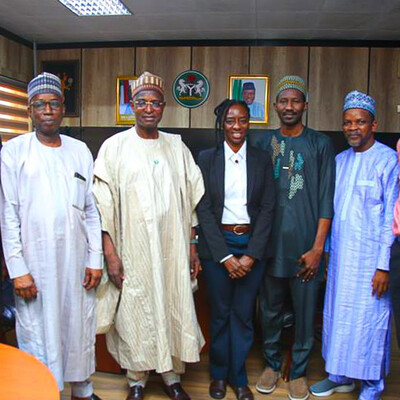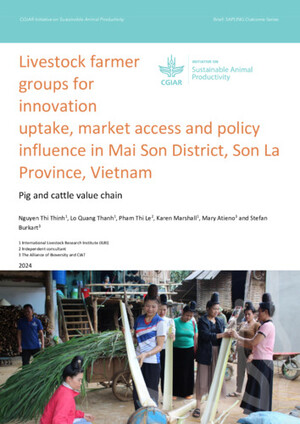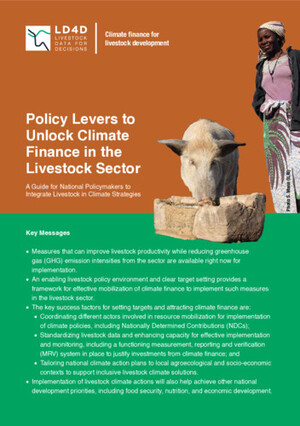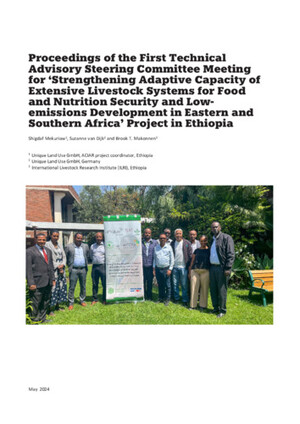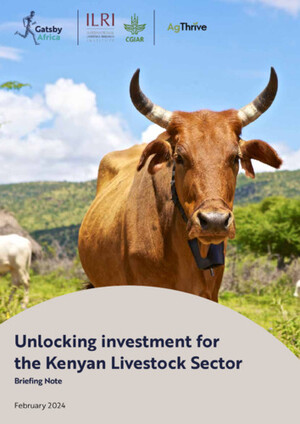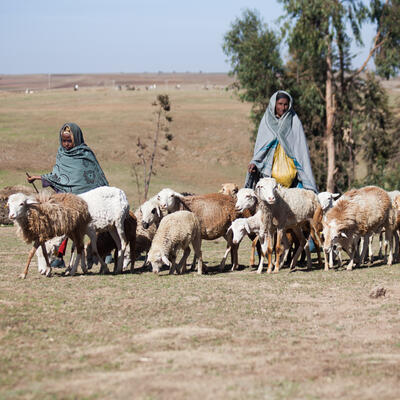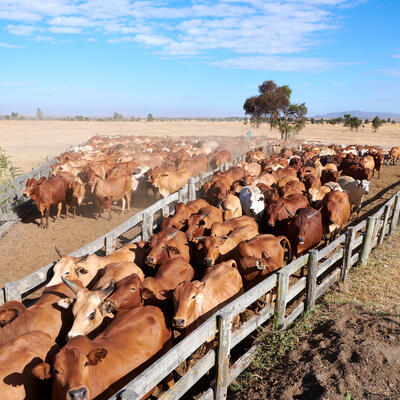
How CTA helped me develop the ILRI CapDev Grand Challenge—Wellington Ekaya
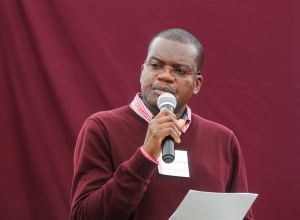
Wellington Ekaya is head of capacity development at ILRI (photo credit: ILRI/Apollo Habtamu).
Wellington Ekaya, head of capacity development at the International Livestock Research Institute (ILRI), recently talked about his work with the Technical Centre for Agricultural and Rural Cooperation (CTA) in an article featured on the CTA Blog.
Ekaya, who has engaged with CTA throughout his academic and professional career, outlines the instrumental role CTA has played in linking him with networks, mentors and development opportunities over the last 15 years.
‘CTA is like a good farmer who knows they cannot cultivate yield from a big field alone – they go out, scan the landscape and look for some good “seed” in the form of promising individuals and institutions. The seeds are planted, watered, and nurtured by CTA. At harvest, those of the highest quality are selected, multiplied and used for establishing subsequent generations. Before you realize it, you have [a] good quality harvest from. . . many people having high-value traits.’
Ekaya says he is just one of the ‘”CTA-propagated” seeds; there are thousands like me, who have been involved with CTA in different ways.’
He adds, ‘at ILRI, I am responsible for about 200 students, fellows and mature people in our capacity development programmes across West, Eastern and Southern Africa, as well as East, South-East and South Asia.’
One inspiration or cross-pollination from CTA was the development of a program to help budding scientists develop their communication skills. ‘I wanted to motivate the fellows by offering them a platform to interact, challenge and be curious about each other’s work,’ says Ekaya. ‘So, I conceived the CapDev Grand Challenge, a contest which aims to enable next-generation scientists to pitch their research findings to a panel of non-scientific judges.’
‘The whole idea for the competition came from me reflecting on some of the things I did with CTA. I saw the value of their competitions – particularly for women and young professionals – and I wanted to adapt my own version for the researchers, and it worked!’
Read the full story on the CTA Blog: ‘CTA is like a good farmer who knows they cannot cultivate yield from a big field alone‘






